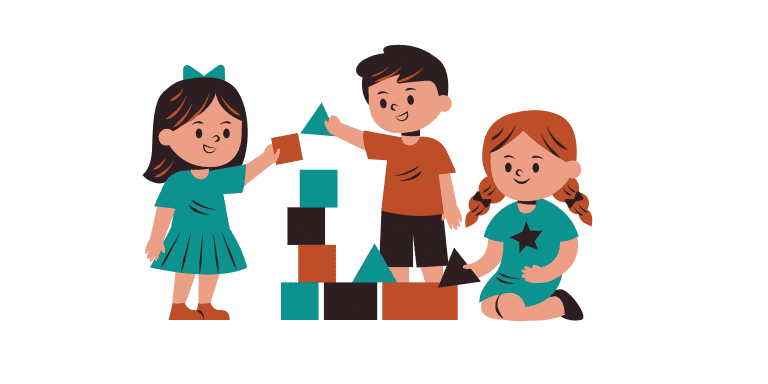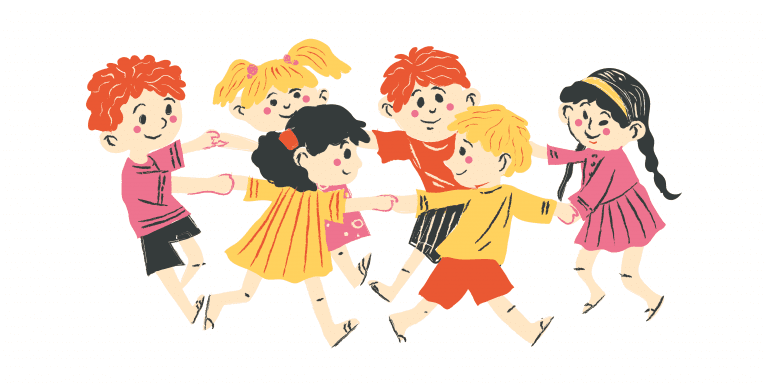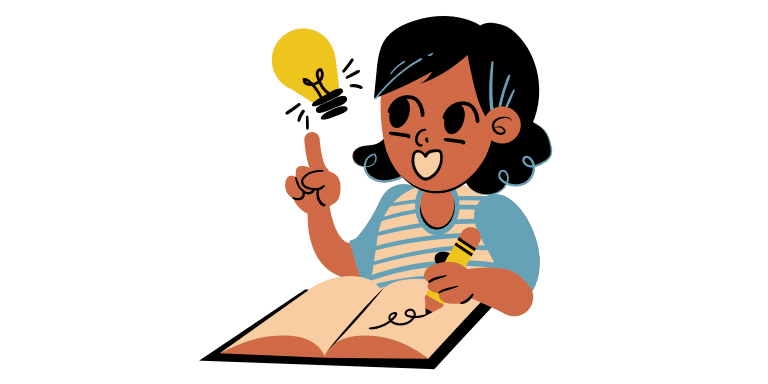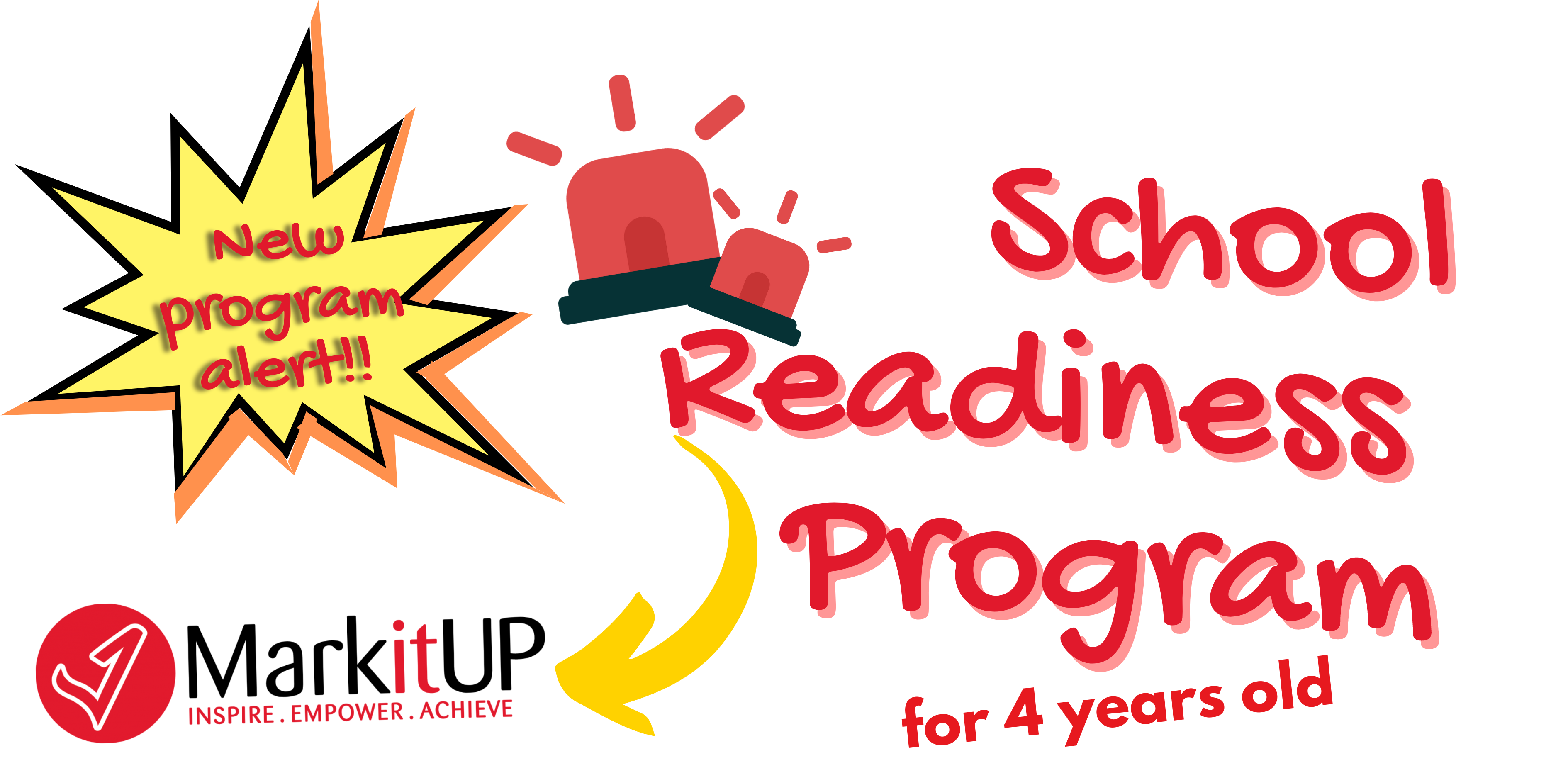Top 3 Benefits of Early Learning
Early learning refers to the educational experiences and opportunities provided to children during their early years, typically from birth to around eight years old. It encompasses a wide range of activities, including play, exploration, social interactions, and structured learning experiences. Early learning is crucial as it forms the building blocks for a child’s future development and success. During this period, children’s brains are highly receptive to learning, and their experiences and interactions significantly impact their cognitive, social, emotional, and physical growth. By nurturing early learning, we lay the foundation for children to become lifelong learners, develop essential skills, and reach their full potential.
There are numerous benefits of early learning are numerous, but in this blog we’ll explore the top 3 most significant learning benefits:
Benefit #1 : Cognitive Development
Early learning provides a crucial foundation for cognitive development. During the early years, children’s brains are highly receptive to learning and experience rapid growth and development. Engaging in early learning activities stimulates brain connections and enhances cognitive skills such as memory, problem-solving, attention span, and language development. By exposing children to a variety of experiences and educational opportunities from an early age, they can develop a solid cognitive foundation that will benefit them throughout their lives.

Benefit #2: Social and Emotional Development
Early learning experiences also contribute to the social and emotional development of children. Through interactions with caregivers, educators, and peers, children learn important social skills, such as sharing, cooperating, and taking turns. They develop empathy, emotional regulation, and self-awareness, which are essential for building healthy relationships and navigating social situations. Early learning environments provide opportunities for children to engage in structured play and cooperative activities, fostering their social skills and emotional well-being.

Benefit #3: Language and Literacy Skills
Early learning plays a critical role in the development of language and literacy skills. Young children are highly receptive to language acquisition, and exposure to rich language environments helps them develop vocabulary, listening skills, and communication abilities. Early literacy activities, such as reading books, storytelling, and letter recognition, lay the foundation for later reading and writing skills. Strong language and literacy skills acquired through early learning contribute to academic success in later years and enable children to express themselves effectively and understand the world around them.
It’s important to note that these benefits are not exhaustive, and early learning encompasses a broad range of developmental areas. Early learning experiences can have a lasting impact on children’s overall development, setting them on a positive trajectory for lifelong learning and success.


